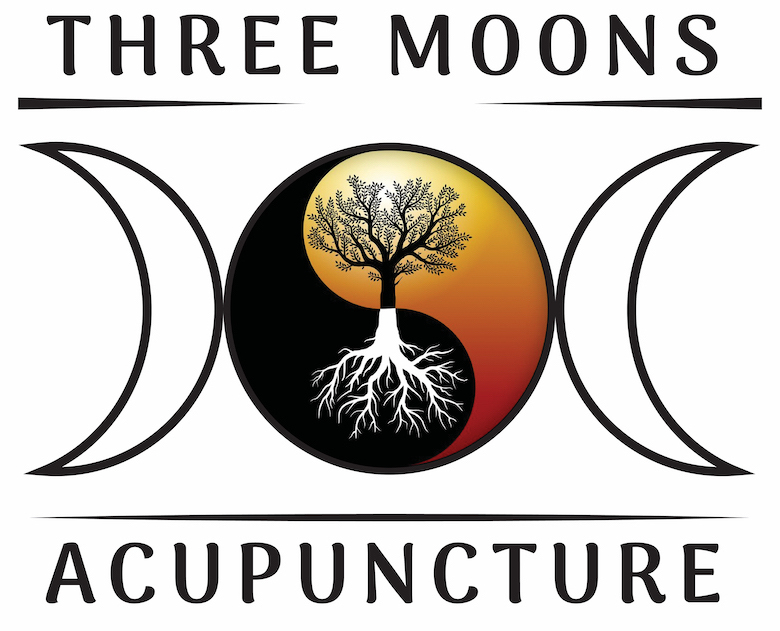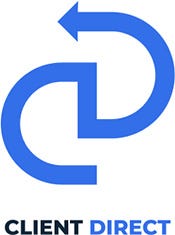Some common questions about acupuncture are answered below. Call us if you have other questions or if you are interested in improving your life through acupuncture treatment.
-
 Three Moons Acupuncture705 50th Street
Three Moons Acupuncture705 50th Street
Kenosha, Wi 53140(262) 977-8793 -
Latest Articles:
- • Spring Clean Your Way to Better Health •
- • 5 Healthy Ways to Embrace the Spring Season •
- • Fun Things to do this Spring •


